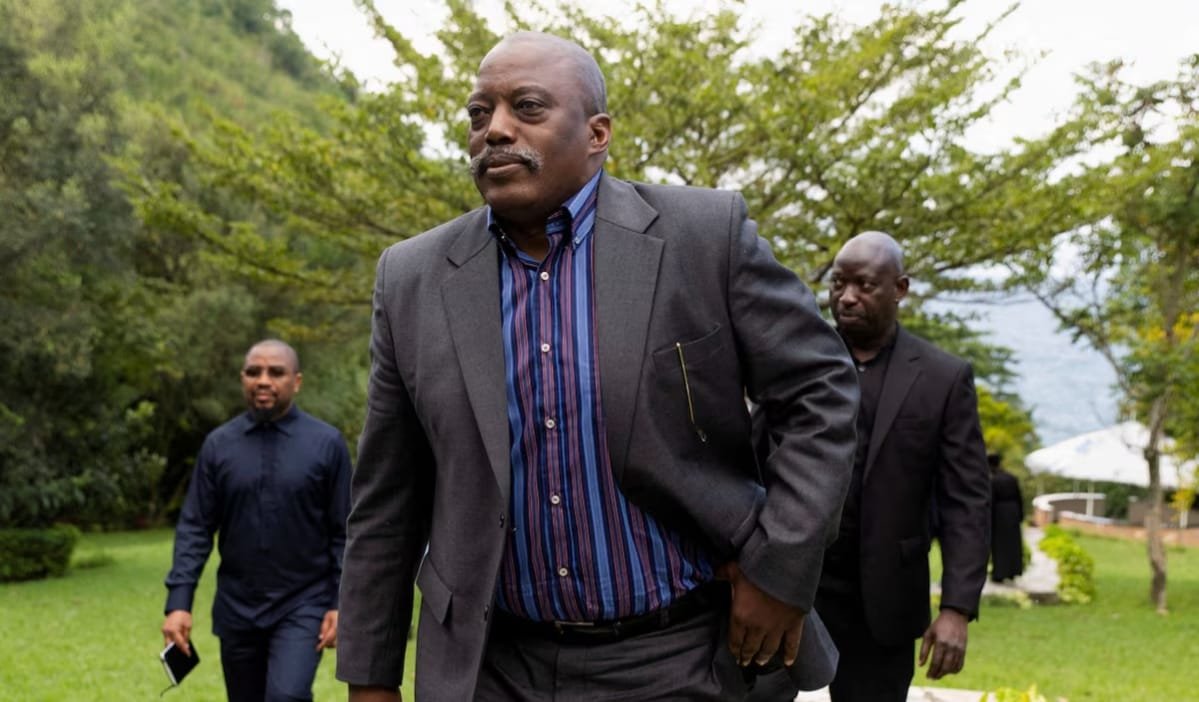A military court in Kinshasa, Democratic Republic of Congo, has sentenced former President Joseph Kabila to death in absentia after finding him guilty of war crimes, treason, and crimes against humanity. The ruling, delivered on September 30, also orders Kabila to pay large sums in damages to the state and victims.
Kabila, who governed from 2001 until 2019 and has since largely remained outside Congo—residing in South Africa since late 2023—was tried without being present or legally represented. The case accuses him of supporting the M23 rebel movement, which seized significant territory in eastern provinces including North and South Kivu, with alleged backing from Rwanda. The charges include murder, sexual assault, torture, insurrection, and conspiracy, among other grave violations.
The sentence comes after the lifting of Kabila’s parliamentary immunity earlier this year, a move that cleared the path for prosecution. Political observers assert the judgement will deepen already serious political and security tensions in the DRC, especially in the east where conflict remains unresolved. Kabila and his party have rejected the verdict as politically motivated and claimed the judiciary has become instrumentalized to diminish opposition.
Internationally, the ruling raises questions about Congo’s justice system, its adherence to fair trial standards, and its implications for peace efforts. The verdict may complicate diplomatic relations—particularly with Rwanda, which has denied backing M23—and could impact agreements intended to stabilise eastern DRC. Enforcement of the sentence remains uncertain. Kabila’s whereabouts are not fully known, and enacting capital punishment in absentia—especially given international human rights norms—poses legal, diplomatic, and logistical challenges.





